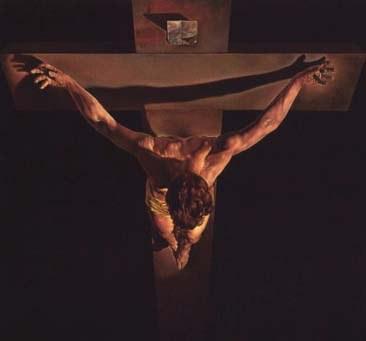 Drudge Report today has a link to an Aug. 2, 2013, article on the website of KDKA, a CBS affiliate in Pittsburgh, PA, on Turkish archaeologists claiming to have found a relic that may be part of the cross on which Jesus was crucified.
Drudge Report today has a link to an Aug. 2, 2013, article on the website of KDKA, a CBS affiliate in Pittsburgh, PA, on Turkish archaeologists claiming to have found a relic that may be part of the cross on which Jesus was crucified.
A day ago, however, on August 1, 2013, a news website called FirstPost had already reported that news, “Archaeologists claim to have discovered piece of Jesus’ cross in Turkey.” I withheld posting on it because at the top of FirstPost’s page, there’s a link, “Faking News,” that you can click, which brings you to clearly fake tongue-in-cheek “news.” Given that, I’m really not at all certain whether the piece of Jesus’ cross story is authentic.
Here’s the report from FirstPost — for your discernment.
Archaeologists claim to have discovered piece of Jesus’ cross in Turkey
Aug 1, 2013
Turkish archaeologists excavating an old church site have unearthed a stone chest which they claim contains a relic that may be part of the cross on which Jesus was crucified.
The relic was discovered during excavations at the Balatlar Church in the northern province of Sinop near the Black Sea, Turkish news agency ‘Anadolu’ reported.
Professor Gulgun Koroglu, an art historian and archaeologist at Turkey’s Mimar Sinan University of Fine Arts found a stone with crosses carved in it.
“We have found a holy thing in a chest. It is a piece of a cross, and we think it was [part of the cross on which Jesus was crucified],” said Koroglu who headed the excavations.
“This stone chest is very important to us. It has a history and is the most important artifact we have unearthed so far,” the ‘Hurriyet Daily News’ quoted her as saying.
The chest has been sent to a laboratory for further examination, NBC News reported.
Koroglu said her team has been working since 2009 at the church – which was built in the year 660, during the Byzantine era.
She said the ruins of an ancient Roman bath were also found at the site, along with more than 1,000 human skeletons.
†
Professor Gülgün Köroğlu‘s Facebook page has a link to a July 22, 2013 article on the excavation, on the website Sinop Rehberi. Neither the article, titled “20-year excavation work started in Sinop,” nor Köroğlu‘s Facebook page make any mention of the cross-fragment discovery.
Regardless, despite what you’re now being told that Jesus is a myth, there is no question of the reality of the historical Jesus, whose existence was chronicled, albeit very briefly, by none other than the three most important Roman historians for the first-century period — Tacitus, Suetonius, and Josephus. All three made mention of Jesus, but only Josephus had much to say about him. In general, the Romans were much more interested in Christianity than in Jesus himself.
Josephus, a Roman Jew, was born in 37 C.E., just after the death of Jesus. Josephus mentioned Jesus twice. The first mention was in describing the illegal execution of James, the leader of the Christian church at Jerusalem. Josephus identified James as “the brother of Jesus, who was called Christ.” It is noteworthy that Josephus, a Jewish writer who was not a Christian, would refer to Jesus with the term Christ, which means messiah or savior.
Josephus’ second mention of Jesus is more detailed:
“At this time there appeared Jesus a wise man. For he was a doer of startling deeds, a teacher of people who receive the truth with pleasure. And he gained a following both among Jews and among many of Greek origin. And when Pilate, because of an accusation made by the leading men among us, condemned him to the cross, those who had loved him previously did not cease to do so. And up until this very day the tribe of Christians (named after him) has not died out.”
[Source: Mark Allan Powell, Jesus As a Figure in History (Louisville & London: Westminster John Knox Press, 1998), p. 32.]
Jesus, I trust in You!
~Eowyn

